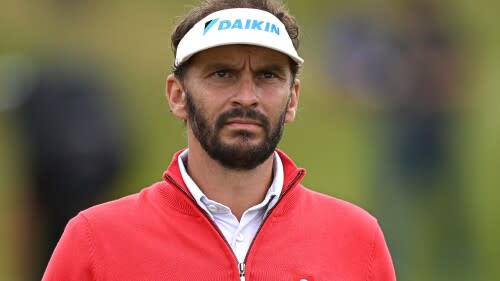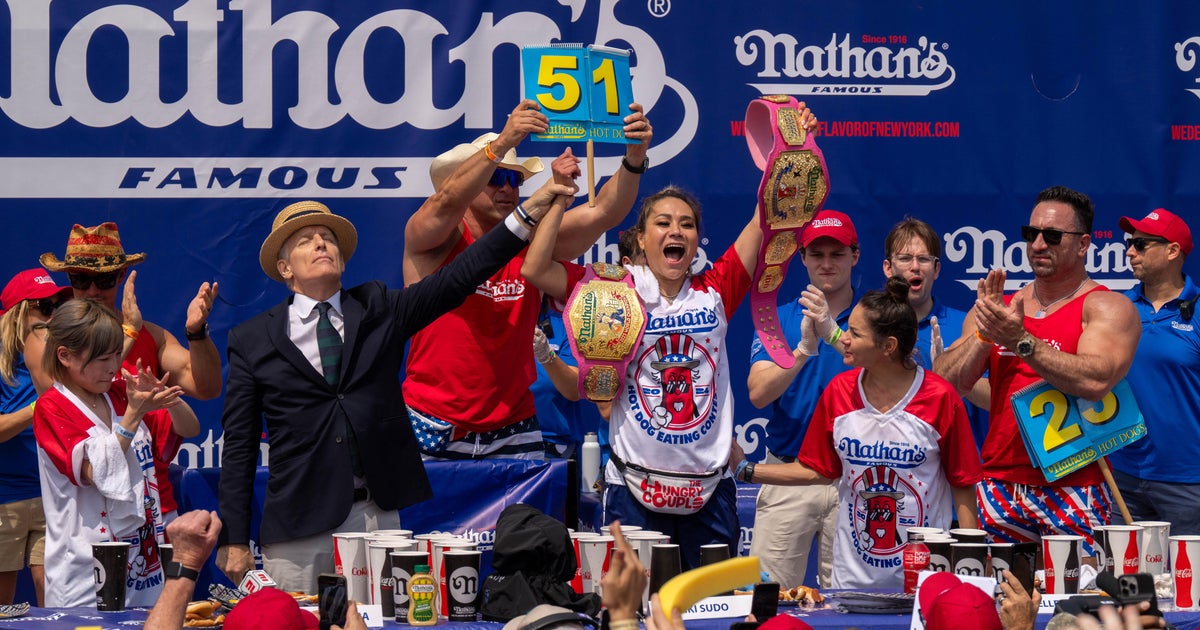In this week’s edition, we examine the good, bad and busy points of this year’s signature events.
Made cut
“The right time.” Seth Waugh will likely become a footnote in golf history, and that would be extremely unfortunate.
Future generations will look back on this time in golf as the most contentious and turbulent in the history of the game. It will be defined by rival competitions, bitter lawsuits, unbridled greed and unnecessary finger-pointing. Forgotten in that snapshot will be Waugh’s contributions.
Waugh, who announced Wednesday that he resign as CEO of PGA of Americastepped into that role in 2018 in what many saw as a second career after his time as CEO of Deutsche Bank Americas. He was almost immediately challenged by a global pandemic, the rise of LIV Golf and a fragmented game. Despite those challenges, golf is enjoying unprecedented growth.
“It feels like the right time, not just personally but professionally,” said Waugh, whose contract with the PGA expired June 30. “We’ve accomplished so much in the six years we’ve been in. The game has never been better. Participation is at an all-time high. It’s growing in all the ways we could have hoped for.”
Balancing competing interests at the professional level, Waugh lobbied at the PGA Championship last month for a deal between the PGA Tour and the Saudi Public Investment Fund, which owns LIV Golf. He also warned the USGA and R&A of the potential consequences of rolling back the golf ball.
The current era will go down in history for its venom and disruption. Waugh will be remembered as a much-needed voice of reason.
Made cut-not finished (MDF)
Signature checkLast week’s Travelers Championship was the final signature event on the PGA Tour’s schedule, and it’s a good time to dissect the eight-event series.
The aim of the events was to bring the game’s best players together more often, without the need for a commitment like the rules used last year for the ‘designated’ events, which attempted to guarantee participation by withholding a player’s PIP payout if they did not play.
Based on a memo sent to players last week, “the eight signature events saw an average of one eligible player not participating, with two events seeing 100 percent participation and a maximum of three players not participating in a single event.”
With world number 1 Scottie Scheffler winning four of the key stages and Rory McIlroy winning one, the events delivered the star power the Tour had hoped for.
However, there were problems. Oversight on sponsor exemptions has lingered all season, with many of the coveted spots going to Tour Policy Board members and there is a push to limit exemptions to signature events.
Field size was also an issue, although that was addressed last week when the policy board approved a plan to create an alternate list to guarantee fields for 72 players.
The main events weren’t perfect and probably won’t be any time soon, but the product delivered what it promised.
When more golf is less. Another byproduct of the signature events was a shortened schedule for the top players.
The final series of signature events began with the Memorial, one of the most demanding tests of the year, followed by the US Open, perhaps the most demanding test of the year, and finally the Travelers Championship in successive weeks.
It’s a lot and the best example of this is Tom Kim who, fresh off his playoff loss to Scheffler last week at TPC River Highlands, made his ninth consecutive start at the Rocket Mortgage Classic. It probably shouldn’t have come as a surprise that Kim struggled with an opening score of 73 and was well outside the expected cut as he began his second round.
Getting the best out of the game more often is ambitious, but getting the best out of the game and some rest should also be a factor.
Missed cut
Signature stumbles. While the events largely delivered on the promise of bringing the game’s top players together more often, the high-level events also kept pace with Tour projections of churn.
The Tour had projected that the retention rate for players who finished in the top 50 in FedExCup points last season, who are exempt from signature events that offer far more FedExCup points and cash than full-field events, would be 64 percent. Those projections hold, according to last week’s memo.
From the Travelers onwards, 16 players would be new in the top 50, a churn rate of 32%.
Players like Rickie Fowler, Jordan Spieth and last year’s Rookie of the Year Eric Cole have played their way out of the top 50 despite having significant statistical advantages. All of these players have time to change their fate, but as Yogi Berra famously said, “It gets late early.”

Dutch Olympic officials ban three players from golf competitions
Dutch Olympic officials keep two male and one female player at home from the golf competition in Paris.
Olympic stumpThe deadline for this year’s Olympic women’s tournament arrived this week and initially Dewi Weber thought she had earned a spot at the Paris Games to represent the Netherlands.
Darius van Driel and Joost Luiten also thought they had qualified for the Olympic men’s tournament. However, the Dutch Olympic Committee has rejected all three places in Paris because their world rankings are too low. Only Anne van Dam, 108th on the Rolex Rankings, will represent the Netherlands next month.
“Our own country is saying we don’t think you’re worthy of being an Olympian, and we don’t think you’re worthy of representing the Netherlands,” Weber told Golf Digest. “And that hurts, honestly. We even asked them, ‘Hey, is this about money?’ We’re paying for it ourselves. Our federation is paying for it.”
According to the Dutch Olympic Committee/Dutch Sports Federation, the internal standard for all sports is that athletes have a “realistic chance” of finishing among the top eight at the Olympic Games. Fortunately for Rory Sabbatini, Slovakia did not have such high expectations four years ago when he won the bronze medal at the Tokyo Games. Sabbatini was ranked 204the in the world of that moment.







